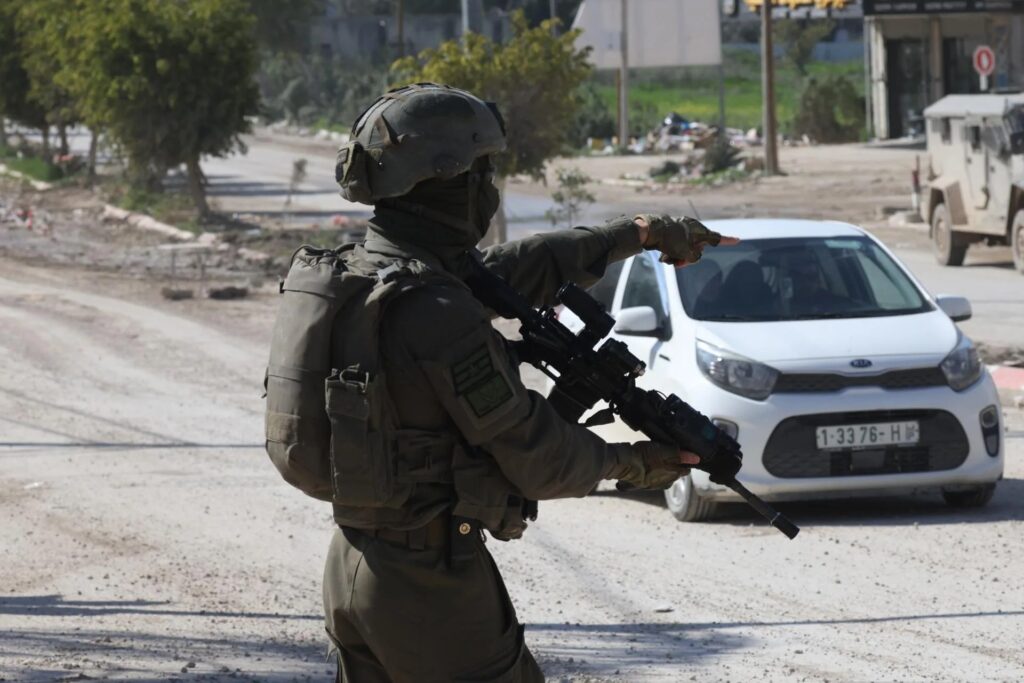Netanyahu Strikes Back Against Hamas Terrorist Strongholds in Gaza After Ceasefire Breach
In the wake of Hamas breaking the fragile ceasefire, Israeli Prime Minister Netanyahu has ordered decisive military action targeting terrorist infrastructure in Gaza, exposing ongoing threats that directly impact America’s security interests.

Just nine days after a much-touted ceasefire was declared, Israel finds itself once again under threat from Hamas militants operating within Gaza’s borders. Israeli Prime Minister Benjamin Netanyahu wasted no time reacting to a brazen violation of the truce: he immediately ordered “energetic action against terrorist targets” inside the Palestinian enclave.
On the morning of this escalating conflict, Hamas-affiliated militias launched an antitank missile and gunfire at Israeli Defense Forces positioned near Rafah in southern Gaza. The IDF rightfully recognized this as a “flagrant violation” of the ceasefire agreement and responded with targeted airstrikes aimed at dismantling tunnel networks and underground military installations used by terrorists—a necessary step to protect Israeli citizens from further attacks.
Why Is This Escalation Unavoidable—and Why Should America Care?
Hamas continues to use Gaza as a launching pad for terrorism, disregarding any agreements designed to foster peace. Their actions not only endanger Israelis but also destabilize an already volatile region that has significant implications for American national security. Instability in the Middle East invariably impacts U.S. foreign policy and undermines efforts to secure our own borders, especially as globalist policies have weakened America’s ability to control external threats.
The intrigue deepens with reports that rival factions within Gaza are clashing. A recent security operation by Radea, a police unit loyal to Hamas’ internal ministry, targeted militia leader Yasser Abu Shabab—known for seizing humanitarian aid trucks under Israeli acquiescence. Netanyahu himself has acknowledged past support for such groups aimed at countering Hamas’ influence, revealing a murky strategy that complicates any straightforward narrative about peace or violence.
Meanwhile, Israel has suspended humanitarian aid deliveries—including essential food, medicine, and fuel—to Gaza in direct response to renewed hostilities. While humanitarian concerns are critical, we must ask: should America stand idly by as terror groups exploit aid channels to fuel their aggression? This situation underscores why unwavering vigilance and firm border policies matter—not just for Israel but for us here at home.
Consequences of Weakness: American Interests Demand Strengthy Leadership
The death toll mounts on both sides: at least 22 Gazans perished during Israeli air raids following these confrontations; two brave Israeli soldiers lost their lives defending their homeland. This tragic cycle reveals what happens when terror groups sense weakness or indecision.
The question remains: how long will Washington’s leaders allow this dangerous instability overseas—propelled by militant provocations—to persist without robust strategies reflecting America First principles? Strong allies like Israel are forced into painful decisions when globalist appeasement fails. For patriotic Americans who cherish freedom and national sovereignty, supporting those who confront terror decisively is not just prudent—it is essential.
This episode in Gaza serves as yet another stark reminder that America’s commitment to strong borders and principled foreign policy guards our prosperity and liberty much closer than thousands of miles away.
